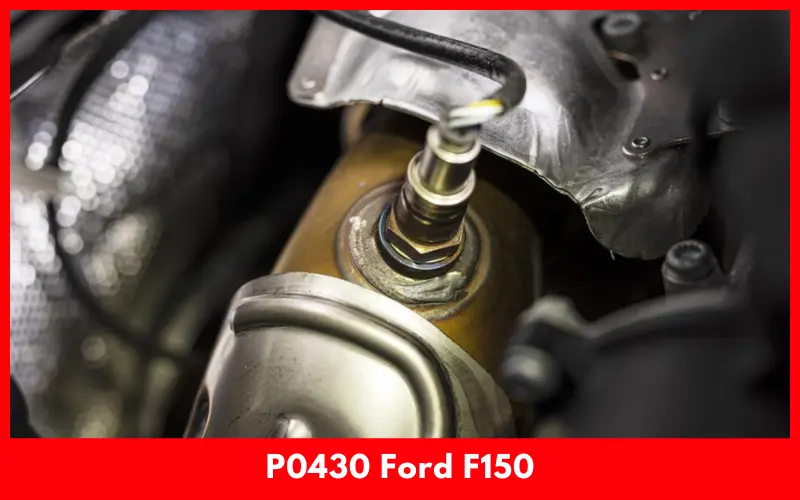Though P0430 trouble code isn’t common on Ford F150, it can reduce engine performance and drop fuel economy. P0430 Ford F150 can be caused by an inefficient catalytic converter, faulty exhaust system, bad spark plug, or damaged fuel injector.
You may clear this trouble code by cleaning the catalytic converter to pass the EPA test. If this doesn’t work, you’ll need to repair or replace the faulty parts to avoid severe engine damage.
Article Summary
What Does P0430 Ford F150 Mean?
P0430 DTC refers to “Catalytic System Efficiency Below Threshold Bank 2.” This trouble code activates when PCM detects lower threshold performance with a catalytic converter on the bank 2 exhaust manifold.
When a catalytic converter fails, it can’t break harmful contaminants in the exhaust. It can lead to increased emissions and cause environmental pollution. A heated oxygen sensor or downstream oxygen sensor detects this catalytic inefficiency and delivers data to PCM. In turn, the PCM turns on the check engine light and sets P0430 code on the computer.
What Causes P0430 Error Code On Ford F150?
Several faulty parts can throw a P0430 trouble code on your Ford F150 including a catalytic converter, oxygen sensor, and bad ignition system. Below are possible causes:
1. Damaged Catalytic Converter
Ford f150 mostly set P0340 error code due to deteriorated or failed catalytic converter. It can fail over time due to catalyst elements wear out, carbon buildup, high mileage, or operating an engine improperly. Hence catalytic converters can be contaminated, lead to low efficiency, and cause P0430 code.
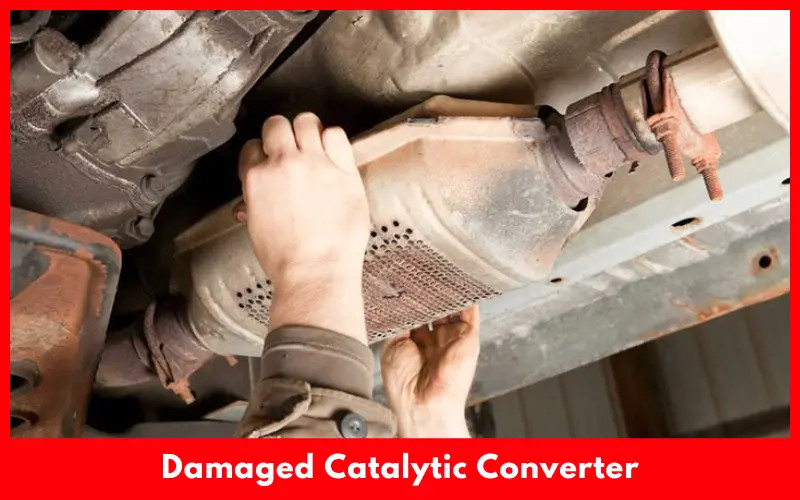
2. Dirty Air Filter
When an air filter becomes dirty due to collecting dust through leaked air ducts, it can’t deliver much air into the engine. So the engine can run richer, burn more fuel, and produce cooler exhaust temperatures. It can cause more carbon deposits in catalytic converter and set P0430 code.
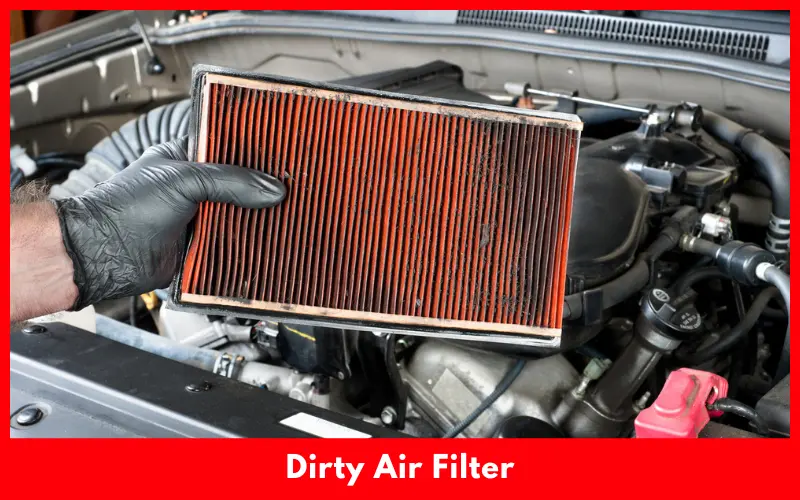
3. Damaged Exhaust System
Exhaust systems can get kinked or damaged due to external corrosion or rough road conditions and can cause increased exhaust backpressure. It can also cause less airflow, cause inefficiency, and trigger a P0430 error code.
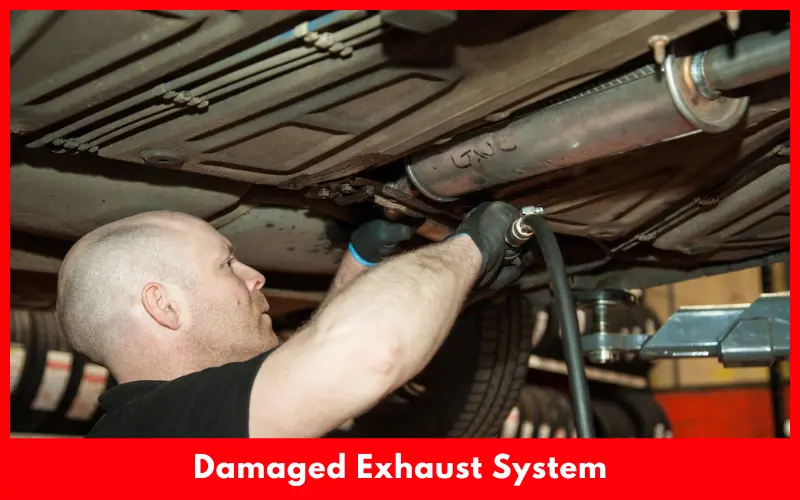
4. Intake System Leaks
If the air intake system leaks due to a broken vacuum hose or engine-side air duct, it causes variations in the air-fuel mixture and reduces the catalytic efficiency. Air can also leak due to bad diaphragms, worn throttle body or intake gaskets, and trigger P0430 fault code on Ford F150.
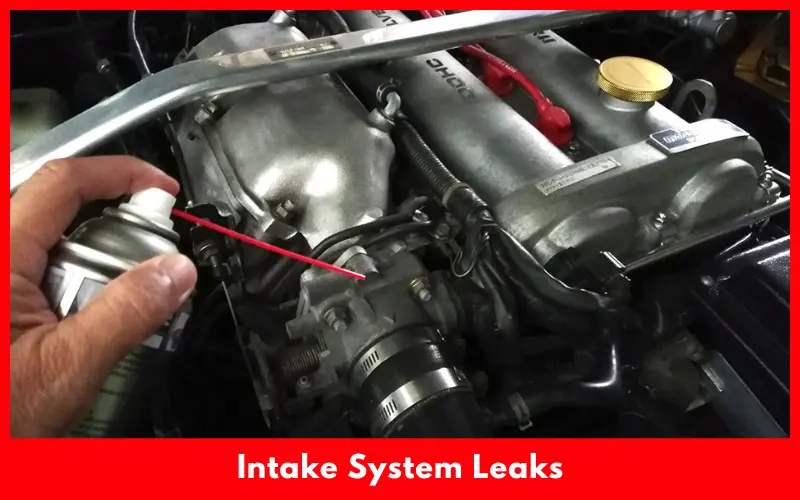
5. Fuel Injectors
Fuel injectors need occasional cleaning and inspection particularly if you use low-quality fuel. If you don’t check, it can become plugged and worn, it can dump excess fuel consistently, and damage catalytic converters. Unburned fuel can also combust after entering the catalyst and wreak havoc on the catalyst which can activate the error code.
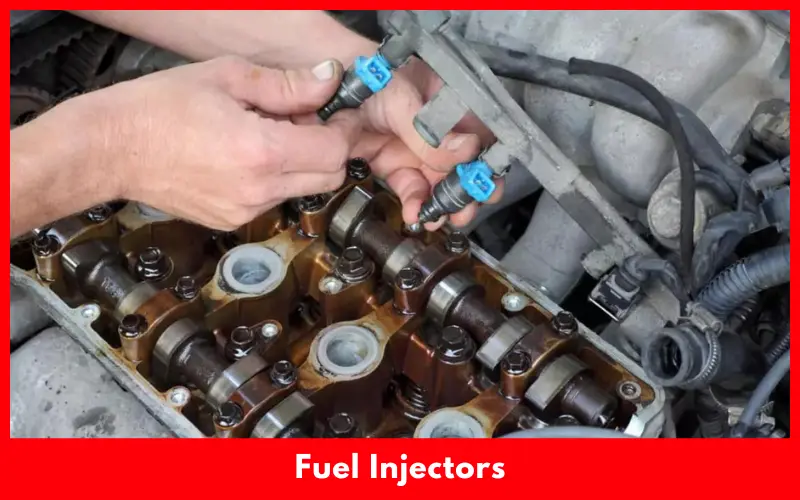
6. Spark Plugs
Worn spark plugs can cause engine misfire and reduced ignition performance. It can also allow an excess amount of unburned fuel to enter into the catalytic converter, overload it, and cause a P0430 error code.
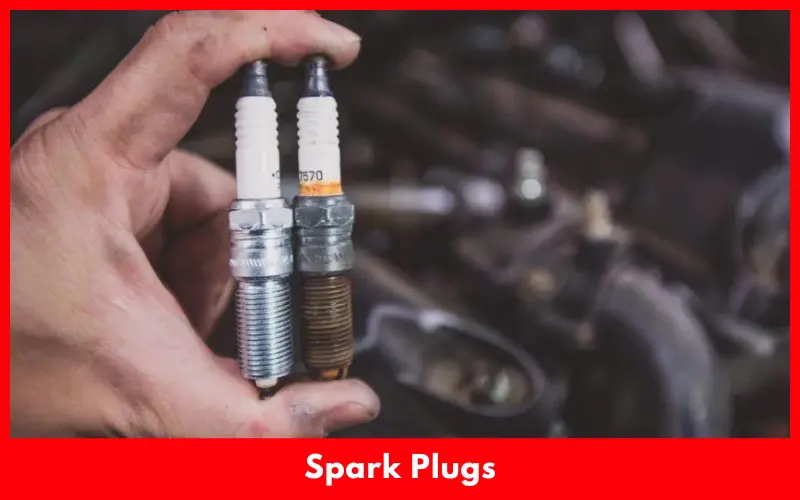
7. Ignition Timing
ECU automatically handles the ignition timing using inputs from crank sensor, knock sensor, throttle position, vacuum, and cam position sensor. If any of these components fails, it can cause reduced catalytic operation and leave P0430 code.
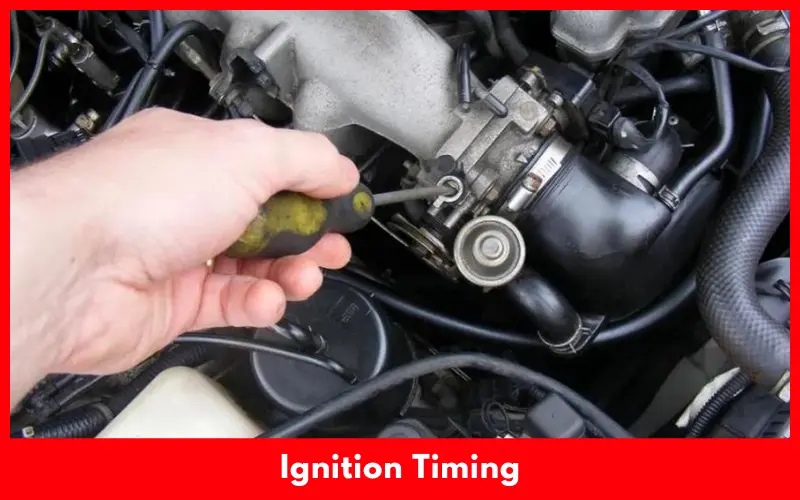
How To Troubleshoot P0430 Ford F150?
Ford f150 can set P0430 trouble codes for numerous reasons, making it difficult to diagnose. However, you can follow these simple steps to determine the exact cause of P0430 code:
- Connect the OBD II scanner tool to your Ford F150 and check for codes. If you discover other codes like P0420 along with P0430, solve the related one first.
- Use freeze frame data to understand the condition when the error code is set.
- Reset the trouble codes and run a test drive. If a simple issue triggers the trouble, it won’t come back after resetting.
- If the code comes out again, inspect exhaust for leaks.
- Check all oxygen sensor data using the scan tool to inspect proper operation. You can also use the OBDII ELM327 adapter to check upstream and downstream O2 sensors on your smartphone.
- Run the engine for a while to warm it up and check the temperature of both the front and rear catalytic converter using a laser thermometer.
- If you find almost the same temperature in the catalytic converter before and after warming up the engine, the cat may get damaged. If so, repair this defective part.
- If the catalytic converter is in good condition, check for brake booster and vacuum leaks at the inlet manifold.
Common Symptoms of P0430 Code On Ford F150
P0430 error code mostly indicates a degraded, clogged, or worn-out catalytic converter. It causes reduced engine performance and shows symptoms like rough idle, car stalling, and lack of power. The other signs you can track are:
- Active check engine light
- Sulfur smells of rotten egg odor from exhaust
- Reduced fuel efficiency
- Exhaust leak
- Louder sound from the exhaust
- Increased emission production.
How Serious is P0430 Error Code On Ford F150?
P0430 trouble code doesn’t trigger limp mode nor make it risky to drive. So your Ford F150 will run fine with an inefficient catalytic converter. But if you ignore P0430 code for a long time, it can damage the cat significantly and lead to poor engine performance.
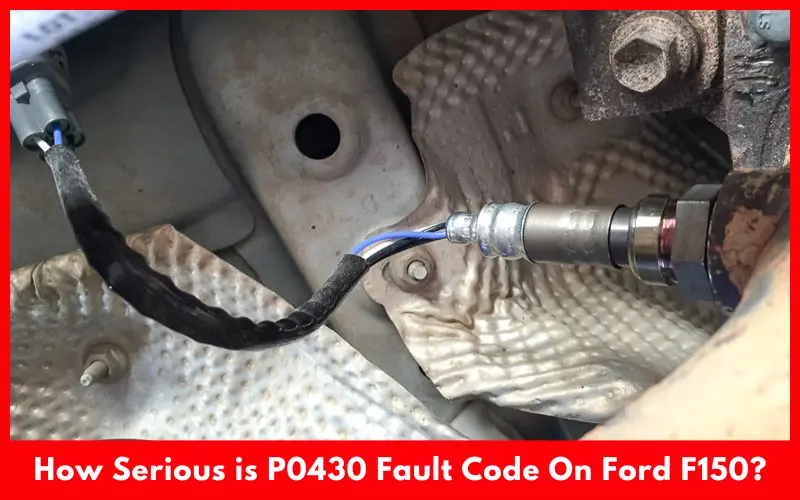
Faulty catalytic converters also produce excessive emissions. If so, your vehicle won’t pass the emission test. It may cost around $5 to $20 penalty if your vehicle fails emission tests in around 13 states in the USA including New Mexico, New York, and Oregon. In the worst case, you may spend thousands on repairing expensive catalytic converters in the long run.
Can You Drive A Ford F150 With P0430 Error Code?
You can continue driving with the P0430 error code particularly if it doesn’t trigger check engine light. However, you should drive the car for a long time after addressing this issue. While driving, be careful and don’t apply heavy acceleration.
You should also avoid running the car at high speed with P0430 as it can increase load on the catalytic converter and damage the exhaust system.

If you notice check engine light is flashing on the dashboard or the engine is misfiring after discovering P0430, stop driving your car. The reason is that if a failed catalytic converter triggers this issue, you’ll require expensive repair.
So after noticing the symptoms of P0430 or discovering the code, diagnose your car to address and fix the underlying issue.
Cost Of Fixing P0430 On Ford F150?
On average, most mechanic shops charge around $75 to $150 to diagnose the P0430 code on Ford F150. The repairing cost of a Ford F150 for P0430 code may range from $150 to up to $2500 depending on the underlying cause.
For example, if you need to fix O2 sensor to clear the P0430 code, it’ll cost around $150 to $200. But if a faulty catalytic converter triggers P0430 trouble code, repairing this component can cost about $1000 to $2500.
Before replacing or fixing catalytic converter, you can clean it using the recommended cleaner and run the engine at 2500 RPMs for half an hour as it can clear the code. Fixing exhaust leaks costs between $100 and $200 while repairing air fuel sensors cost $200 to $300.
FAQs
Does The Ford F150 Have A Recall For A Catalytic Converter issue?
Ford currently doesn’t have a recall for any catalytic converter issue. However, Ford Motor Company recall f150 for axle concerns, electronic stability control, parking brake, and axle assembly.
Can You Fix P0430 Problem On The Ford F150 At Home?
If you have skill in auto repairing, you can try some simple techniques to clear P0430 code on Ford F150. In this case, you can check loose connections in the exhaust system, inspect O2 sensor, and clean the catalytic converter. If this doesn’t work, you should hire a professional tech to repair the catalytic converter or exhaust system.
Will Catalytic Converter Cleaner Fix P0430 Ford F150?
If a dirty catalytic converter triggers P0430 or P0420 code on your Ford f150, you can use a catalytic converter cleaner. This should clear the error code and allow high fumes to get out of the engine.
Final Words
Catalytic converters last up to 10 years or 50,000 miles. So if you use high-quality fuel or periodically clean the catalytic converter, you can easily avoid P0430 trouble codes on your Ford vehicle. If the catalytic converter fails due to age or other reasons and you need to replace it to fix the p0430 Ford F150 problem, buy the replacement parts from a trusted store.

